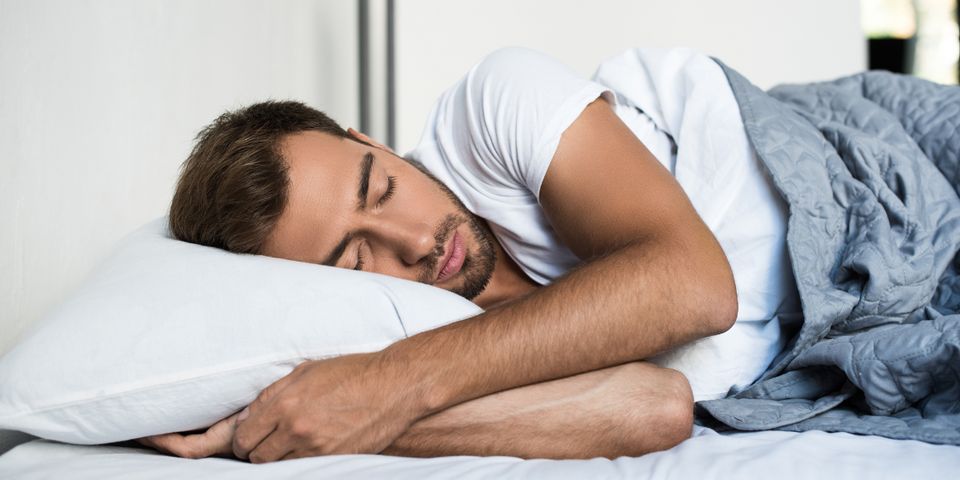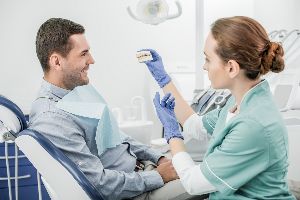
Sleep apnea is a disorder that causes people to stop breathing repeatedly while sleeping. It can affect your quality of life significantly, causing unfulfilling sleep and constant fatigue. Fortunately, a dentist can offer an effective treatment to help improve how you feel. Here’s what you need to know.
What You Should Know About Sleep Apnea
What are the different types of sleep apnea?
Obstructive sleep apnea is the most common type. It causes the tongue to collapse into the soft palate, forcing it to collapse against the throat muscles. This causes the airway to close.
Central sleep apnea occurs when the brain doesn’t send the appropriate signals to the muscles that control breathing. Even though the airway isn’t closed, the person still can't breathe. Complex sleep apnea syndrome is a combination of both types.
What are the symptoms of the disorder?
Loud snoring is the most common symptom of sleep apnea. Someone with the disorder might stop and start breathing periodically, sometimes even gasping for breath.

Because the mouth is open during snoring, it can lead to dry mouth. People often seek the help of their dentist for this common concern. However, if it’s accompanied by other symptoms, such as insomnia, irritability, or headaches in the morning, the cause may be sleep apnea and not an issue with your teeth or gums.
Who is at greater risk of developing it?
While the condition can affect anyone of any age, some risk factors increase the likelihood that you’ll need to see a dentist for treatment. For example, men are more likely to have sleep apnea than women. People who are overweight, over the age of 40, and have a family history of the disorder are also at greater risk.
How do dentists treat sleep apnea?
Your dentist may recommend a therapeutic device designed to keep your airway open while you sleep. Particularly popular because it's straightforward to use, the device works by holding the jaw forward to minimize snoring, thereby allowing you to breathe easier.
A mouth guard may also be effective, as can a plastic splint for the tongue. This device essentially holds the tongue out of the way so that you can breathe properly while you sleep.
If you’re concerned that you have sleep apnea, turn to Dr. Charles Hurst, DMD. Proudly serving patients throughout Sumter, SC, Dr. Hurst is a member of the American Dental Association®. The dentist can prescribe an oral device that effectively reduces your symptoms and improves your sleep patterns. Visit the website for more information, or call (803) 469-2062 to schedule an appointment.
About the Business
Have a question? Ask the experts!
Send your question

